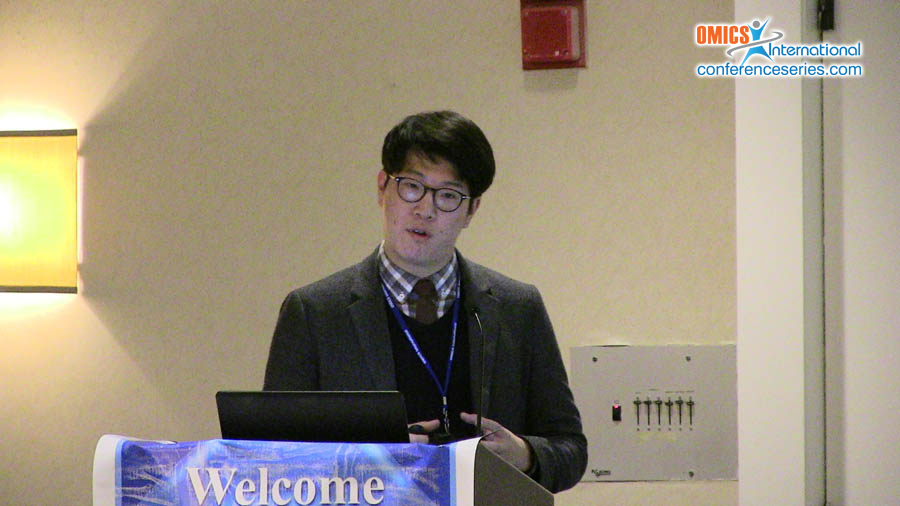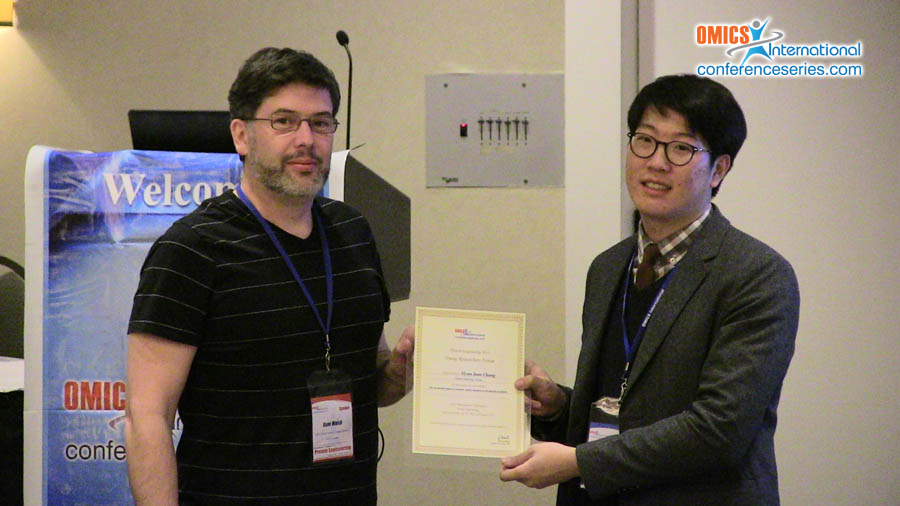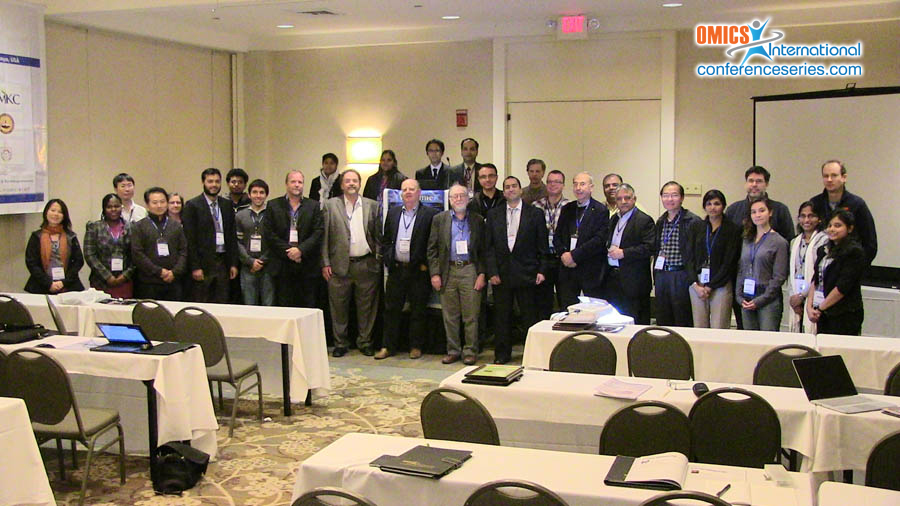
Hyun Joon Chang
Korea University, Korea
Title: The mechanical impact of Aromatic residue mutation on Aβ amyloid protofibrils
Biography
Biography: Hyun Joon Chang
Abstract
Amyloid proteins are the main cause of neuro-degenerative and degenerative diseases such as Alzheimer’s disease, Parkinson’s disease and so on. These proteins self-assemble due to their physiological conditions, e.g., temperature, pH and internal fluctuation. They are known to be structurally stable due to their residues’ intermolecular forces, hydrogen bond for example. Recently, the aromatic residues, phenylalanine residue to exemplify have been recognized to serve as a stability source of amyloid fibrils. Yoon et al. revealed the structural stability of hIAPP fibril with a partial mutation from phenylalanine residue to leucine residue, announcing that the wild-type models possess larger structural properties and reaction forces than the mutated models. In addition, experimental study of Aβ amyloid fibrils with aromatic residue mutation was recently conducted to reveal the aggregation and formation tendencies of the amyloid fibrils. In this study, we further investigate the structural stability and properties of Aβ fibrils at atomic scale using Molecular Dynamics (MD) simulations. We reveal the role of the aromatic residue mutation effect on the Aβ fibrils through the material properties and observe the specific interaction between phenylalanine and leucine residue which affects the overall structural properties and stabilities. This study may serve as a foundation for target treatment strategy of neuro-degenerative diseases in near future.



